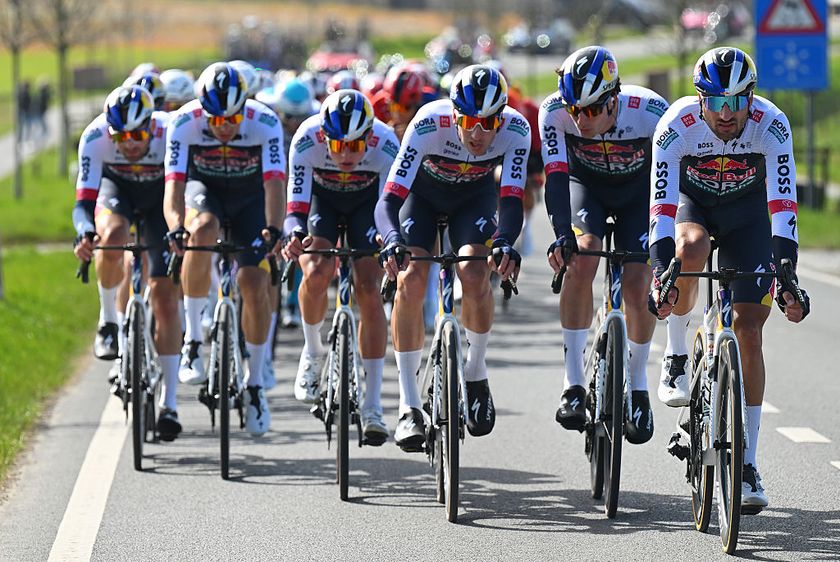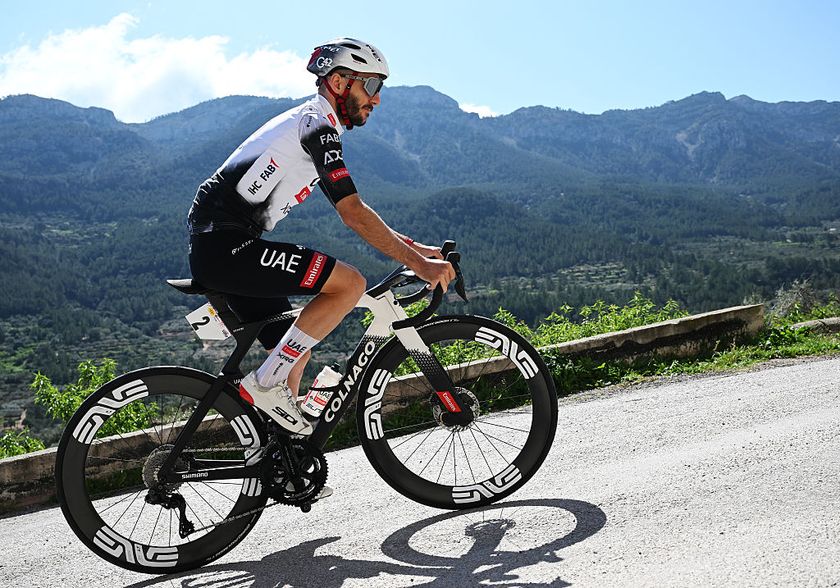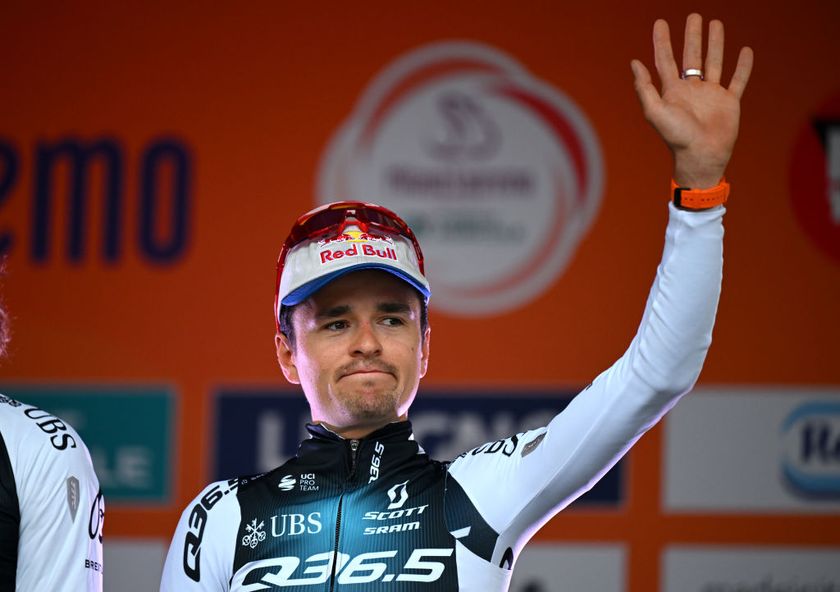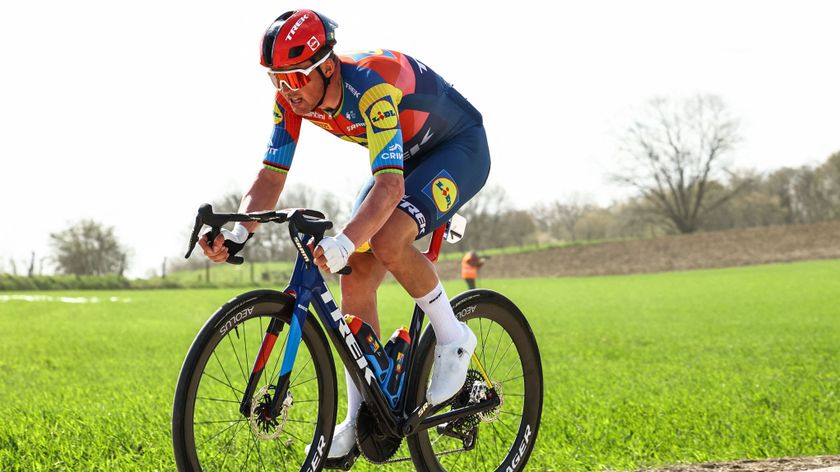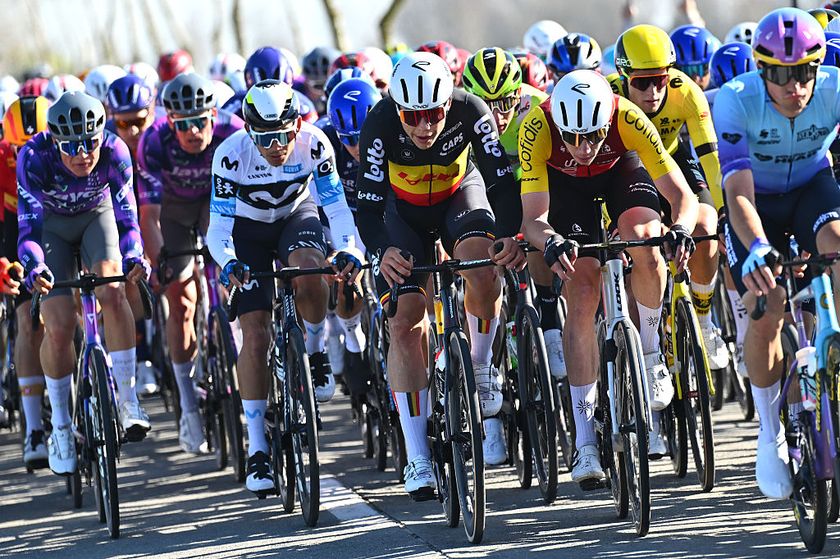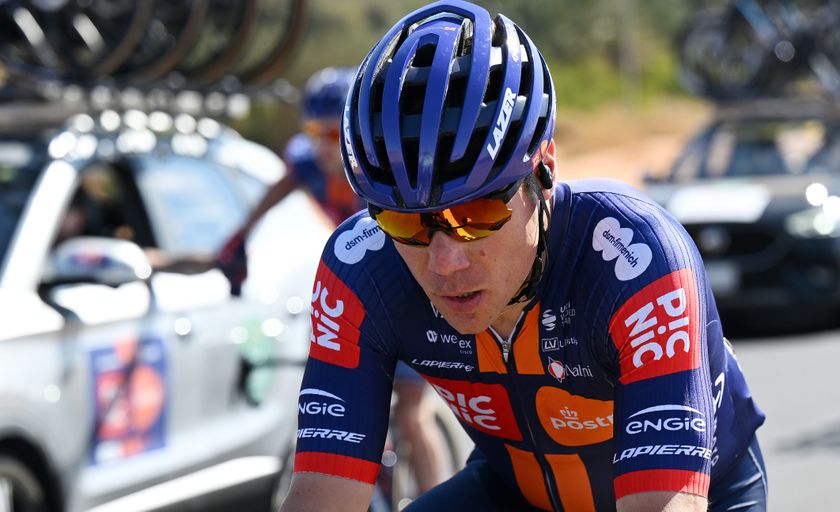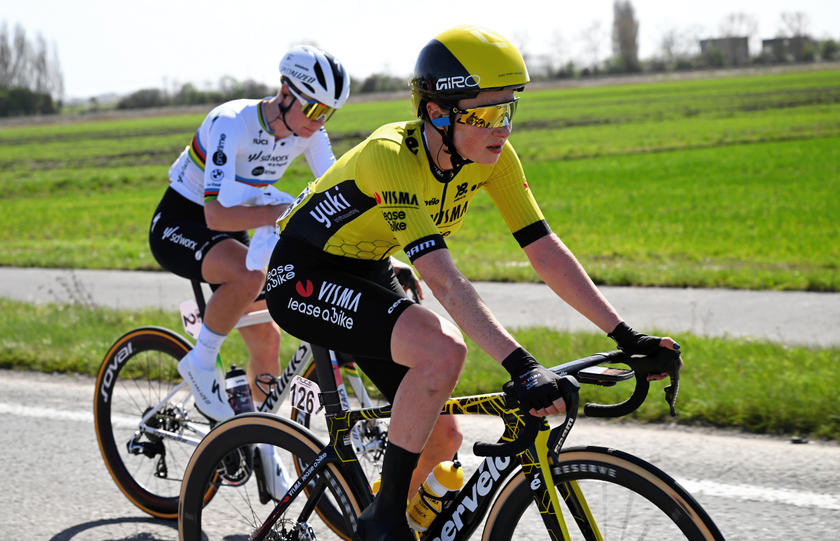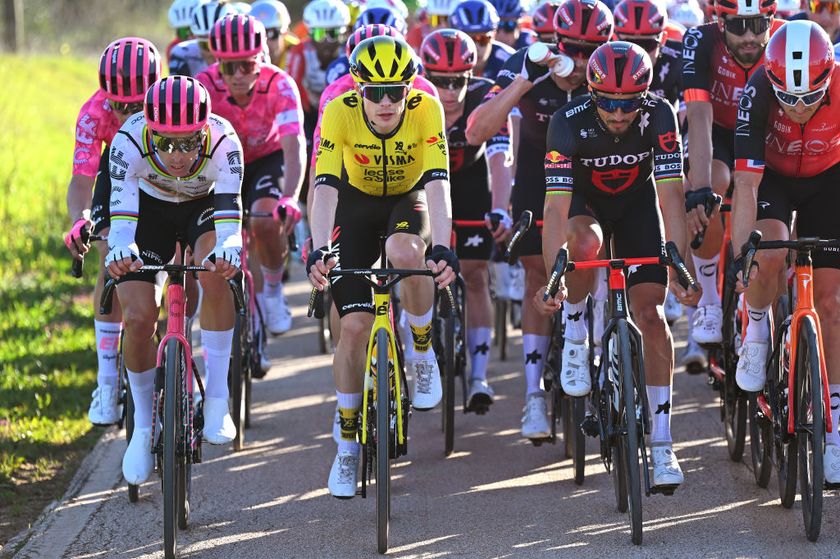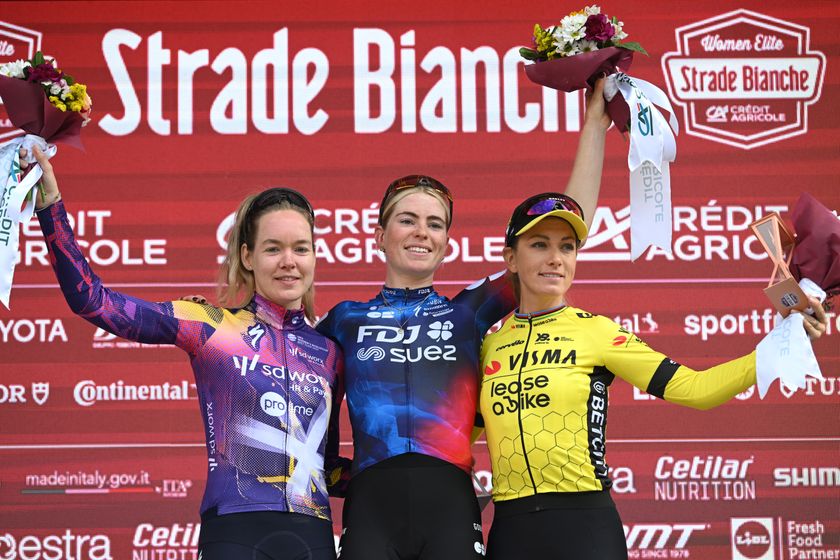Cavendish against a Truth and Reconciliation commission
Sprinter reveals why he left Team Sky in his new book



Mark Cavendish has said that he is against a Truth & Reconciliation (T&R) process, suggesting that people's egos and riders' fear of losing the public identity built on the back of their successful careers will undermine a process in which people confess their sins in return for clemency.
Cavendish made his thoughts clear in further extracts from his forthcoming second autobiography. The extracts were published by the Telegraph newspaper. The Omega Pharma-Quick Step sprinter also talked about Lance Armstrong and the USADA investigation and its witnesses. He bravely defended cycling, refusing to accept lessons from the world of tennis.
Cavendish admitted he was left mesmerised after meeting Armstrong in Las Vegas in 2008, but his thoughts soon changed.
"Lance and I had met at the Interbike trade show in Las Vegas in September 2008. Introduced by George Hincapie, once Lance's domestique de luxe and then mine, we had instantly struck up a rapport. There was something mesmeric about Lance."
"That's something that people often say about so-called 'celebrities', but not until I spent an hour or two with Lance did I fully appreciate what it meant," Cavendish wrote in his book. "There was a buzz, an electricity that seemed to take hold of the room. The energy that he radiated seemed to hang everywhere, yet when Lance spoke the space suddenly emptied to leave just you and him."
"Like everyone else, I was well aware of the doping rumours that had swirled around Lance, but never dwelled on them: firstly because I hadn't been competing against him between 1999 and 2005; and, secondly, I had gathered from riders who had competed in that era that doping had been widespread if not endemic."
"Now we're asked to comment on Armstrong and have our morals judged on the strength of what we say, when a lot of us are, rightly or wrongly, too preoccupied with the here and now to have an opinion. Even though I was watching those Tours that Lance won, wide-eyed and innocent, I also can't pretend that I'm eaten up with resentment or feel betrayed now [that] I know it was a big charade."
Get The Leadout Newsletter
The latest race content, interviews, features, reviews and expert buying guides, direct to your inbox!
"As unjust, as distressing as it may be, as hard as it is for us to accept, I'm sure that Lance still feels that no one and nothing can take away the emotions of those seven Tours at the time, and the same really goes for those of us who were watching. Whether Lance could ever have savoured the pure, unmitigated joy that comes with winning clean is another issue."
Despite those strong words, Cavendish shares Armstrong's belief that the riders who helped bring Armstrong to book have not been brought to justice. This led to his thoughts on a T&R commission, confirming he believes it is better to focus on the present.
"Objectively, even Lance's biggest detractors will have to admit that the race to expose him at times resembled a witch-hunt," he wrote.
"I will certainly never be persuaded that riders who confessed their own doping and gave evidence against Lance in return for meagre, six-month bans were truly brought to justice."
"The problem is getting people to open up about their past when there's no incentive. After the USADA verdict and amid the hysteria that it created, there was talk of a 'Truth and Reconciliation' commission. It sounds like a nice idea, but it's not going to work. Why? One word: ego. Even now, when they've retired and there's no threat of sanctions or public humiliation, riders cling to their careers because that's what their identity has been constructed on. They're terrified of losing it all."
"So what do we do with the skeletons in cycling's closet? Mine might not be a popular view, but sometimes I wonder why we insist on rattling them around and whether the time hasn't come to simply concentrate on the present. To me, it's gone far beyond the point where the soul-searching has become useful to the sport."
In defence of cycling
Cavendish defended cycling against accusations from other sports, this time taking aim at tennis and revealing how poorly the sport stands in comparison to cycling's attempt to clean up its act.
"My other persistent frustration is the discrepancy between our sport and others. Take tennis. Five years after the UCI, the International Tennis Federation finally got its biological passport up and running in 2013. In 2011, a grand total of 21 out-of competition blood tests were carried out in tennis, as against the 4,613 in cycling," he wrote.
"You consider this, then you hear Andre Agassi saying that 'tennis has always led the way in anti-doping' or Marion Bartoli insisting that 'doping doesn't exist in tennis'. I don't want to pick on one sport in the way that others have singled out cycling, but how can she be so confident when, over more than a decade, Lance alone sailed through hundreds of tests? The problem with statements like Agassi's and Bartoli's is that they perpetuate the narrative that the public has been hearing for years - that cycling is riddled with doping and other sports are clean."
"Again, I'm loath to pick on tennis, but the discrepancy was brought home to me again when I heard Tim Henman matter-of-factly answering a question about players recovering after five-set matches and explaining that they would just use an intravenous drip. Perfectly fine, perfectly legal in that sport, but strictly forbidden for us."
"Even so, I welcome the needle ban: anything to ensure that the doping plague that had taken a grip of cycling doesn't return; and anything to hopefully make people realise that we're light years ahead of other sports in the war on drugs."
The end of his time at Team Sky
"I understood and would never have disputed that the yellow jersey should be our priority, but I'd been under the impression that 'believing in better', as per the BSkyB motto, was going to be about big ambitions, pursuing nearly impossible dreams, defying history and conventional wisdom," he said of Team Sky at the Tour de France.
The moment he realised he had to leave came when he punctured on stage six and was quickly given a wheel change but then abandoned by the team as it focused on protecting team leader Bradley Wiggins.
"I had never been left stranded like that after a mechanical, not even as a 22-year-old neo-pro in a tiny one-day race in France. Here we were at the Tour de France, on a stage that I was the favourite to win, and I was the world champion. I was heartbroken," he wrote.
"It was July 6. This was the date when I realised this could be my first and last Tour de France with Team Sky. It was also the date of my last conversation with Sean Yates. While I'd continue to do my best, offering Brad [Wiggins] as much assistance as I could both on and off the bike, it was sometimes hard to reconcile my own frustration with the team's rampant success."

Stephen is one of the most experienced member of the Cyclingnews team, having reported on professional cycling since 1994. He has been Head of News at Cyclingnews since 2022, before which he held the position of European editor since 2012 and previously worked for Reuters, Shift Active Media, and CyclingWeekly, among other publications.
